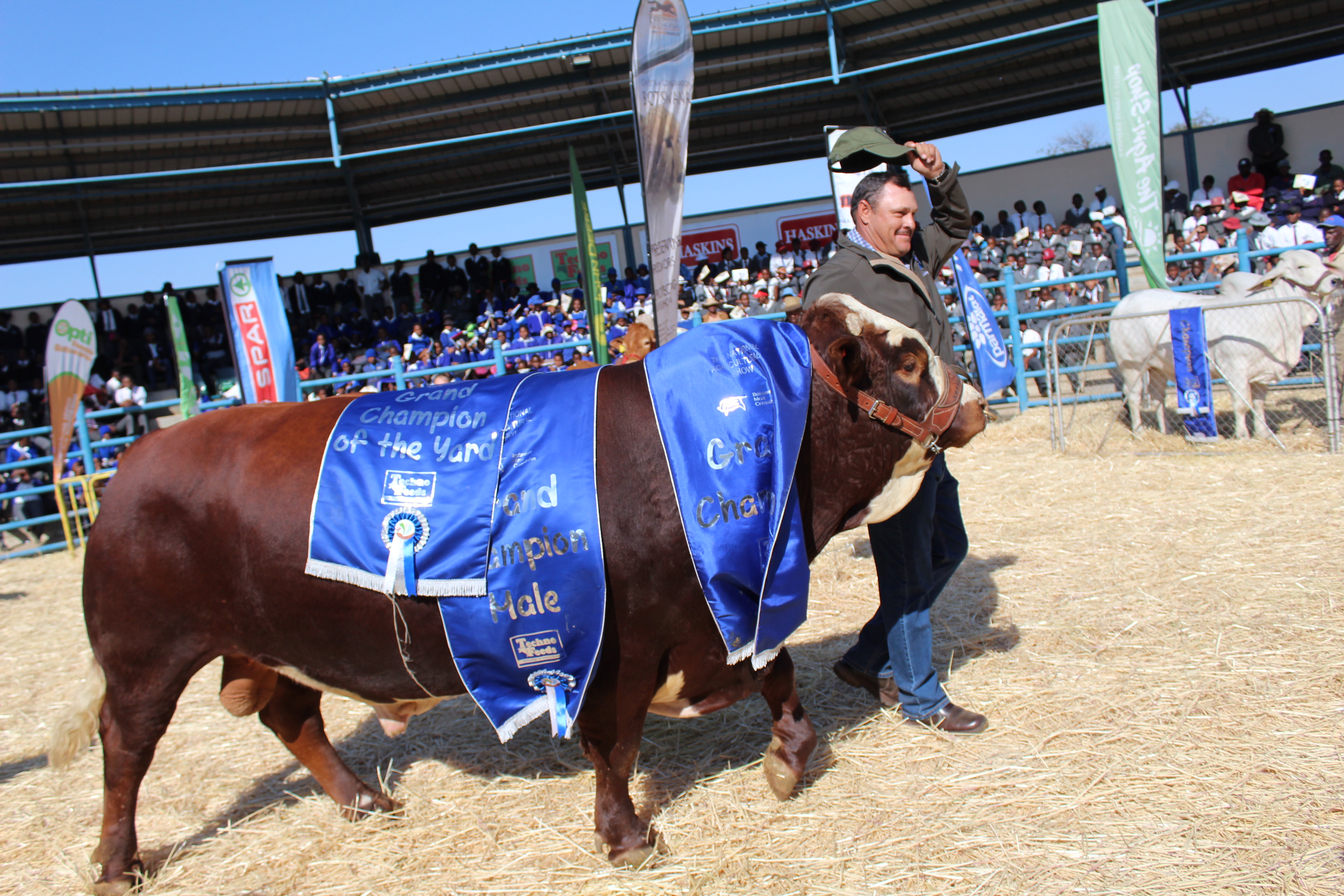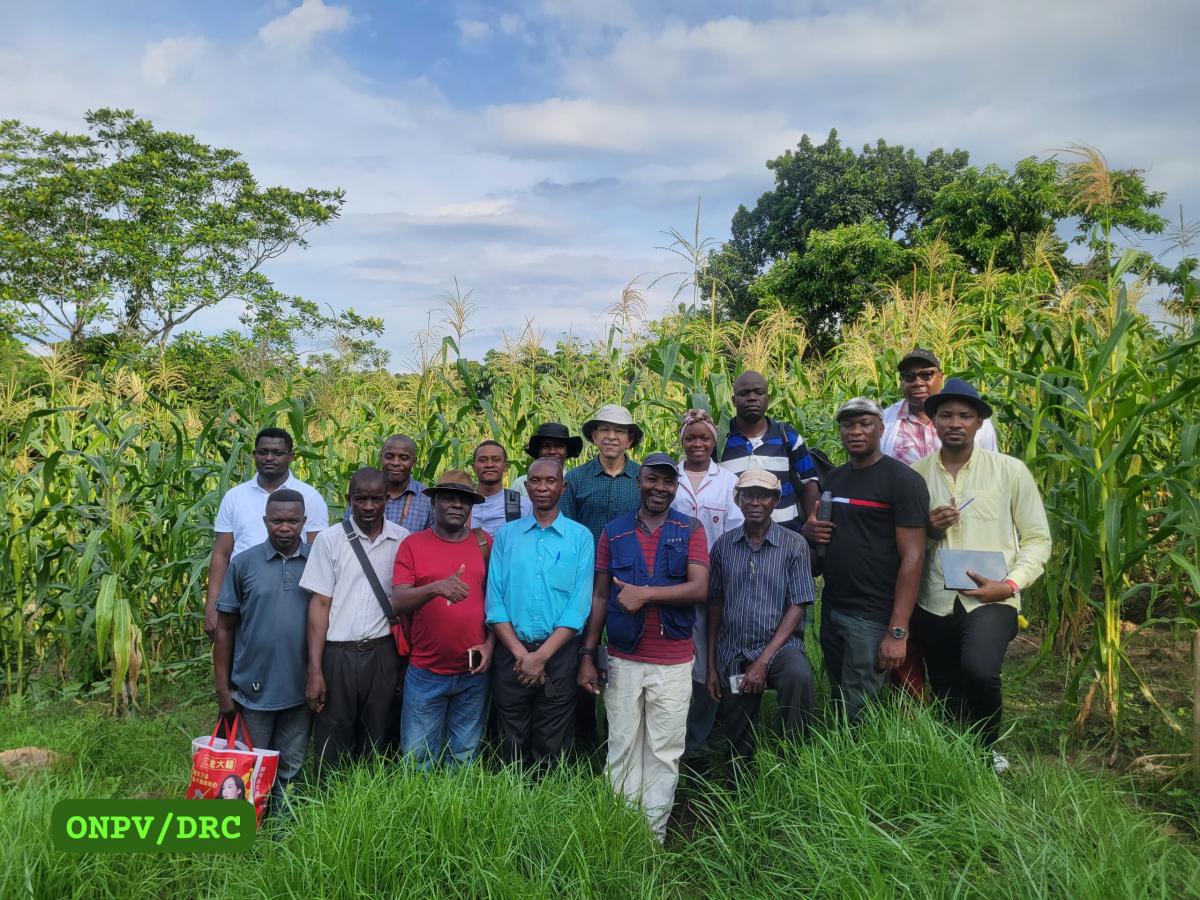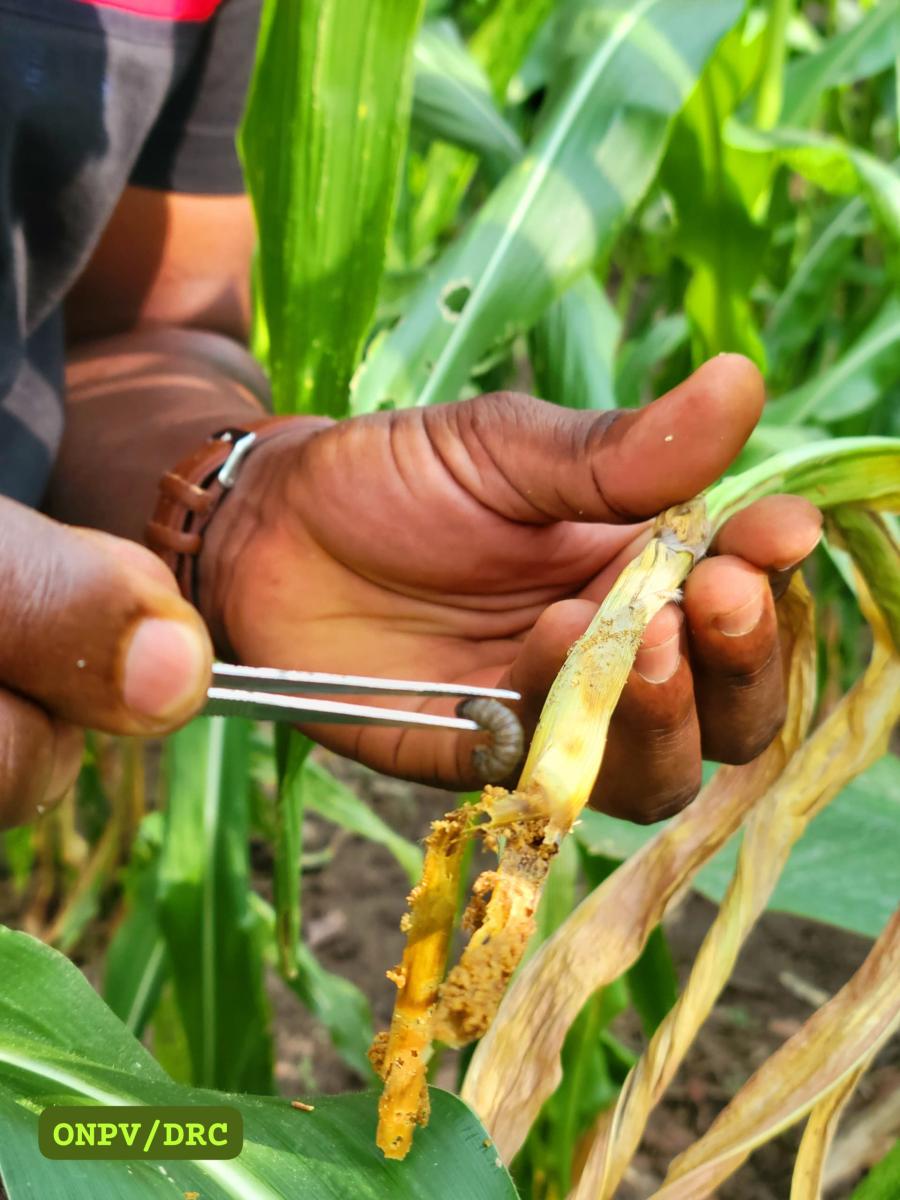Climate-smart Agriculture and Gender - CCAA/CSA Training Mauritius
Presentation 'Climate-smart agriculture and gender' by Dr Wiebke Förch, GIZ programme advisor for ACCRA/CCARDESA.
Contains information on
- Gender and rural development and agriculture
- Gender and CSA
- Gender responsive programming
- Conclusions
Prepared for the training 'Tackling Climate Change in Agriculture: Approaches to Adaptation and Climate Smart Agriculture - Réduit, Mauritius'.
Gender
Climate-smart Agriculture
Rural Development
Foerch, W. (2018). Climate-smart Agriculture and gender. Presentation for the 'Tackling Climate Change in Agriculture: Approaches to Adaptation and Climate Smart Agriculture' training, June 2018.











